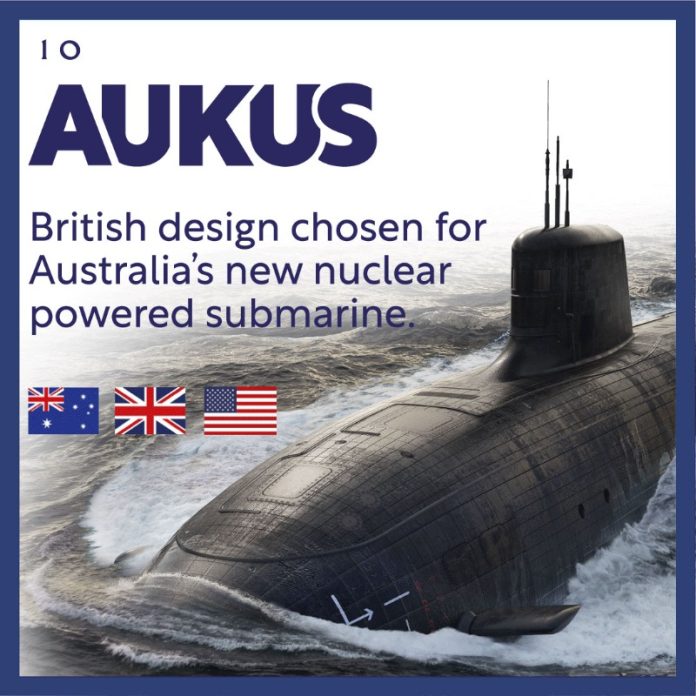Communication was initially one of the bigger issues for AUKUS, particularly Pillar I. Shrouded in secrecy, all three members had some degree of international diplomatic reassurance to conduct after the agreement was announced, with Indo-Pacific nations in particular questioning the impact it would have on regional stability. (From Britain’s world.)


